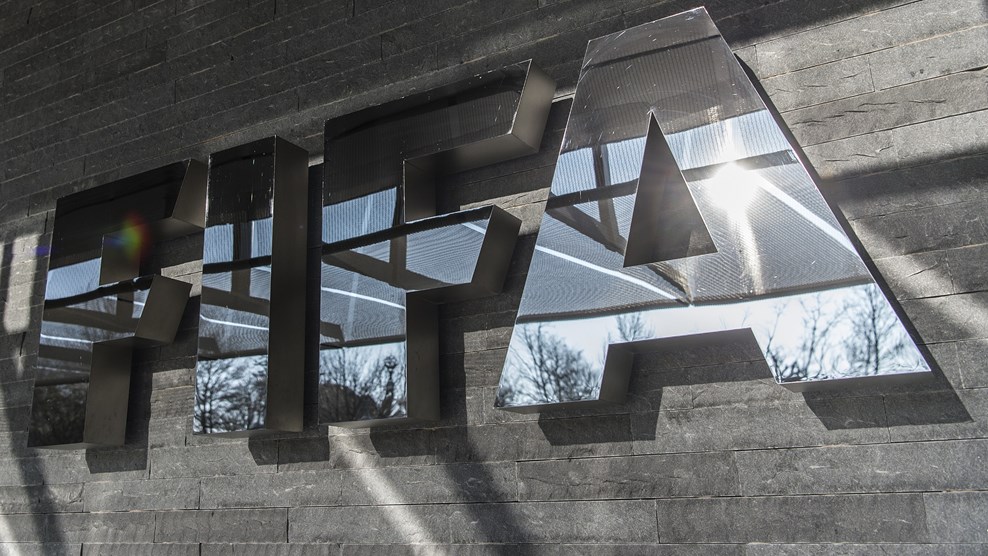By Paul Nicholson
July 12 – FIFA has stepped back into the beoutQ piracy debate ‘urging’ Saudi Arabia to support efforts to stop the copyright theft taking place in the country and saying that it will take legal action in Saudi Arabia to protect its rights.
FIFA’s statement comes after every game of the 2018 World Cup in Russia has been pirated into the country by beoutQ for Saudi Arabian fans.
FIFA’s statement brings football’s world governing body into much closer alignment with other sports rights holders, most notably tennis but also UEFA, who have similarly called for the piracy to end and demanded the Saudi government to take action to do so.
The implication is that the Saudi government are allowing the broadcasts as part of the soft-politics of the blockade of Qatar where the paying rights holder – beIN Sport – is headquartered.
It is an accusation the Saudis vehemently deny, often with threatening legal letters (including to this publication). They claim they have taken action against beoutQ which does not have a license to broadcast in the country, and have confiscated a number of pirate decoders.
The reality is that by allowing the broadcast of the signal, the international broadcast rights market for sports is being undermined and the value of rights diminished as broadcasters re-evaluate how much the rights are worth to them and how they protect what they thought they had bought. It is a local issue but with much greater implications for the funding of world football and sport in generally, as the African Football Confederation (AFC), pointed out in their own statement on the issue.
A number of other countries in the region also receive the beoutQ signal but on a very much smaller scale than the broadcast into Saudi Arabia.
“FIFA has observed that the pirate entity named ‘beoutQ’ continues to use illegally the 2018 FIFA World Cup™ broadcast signal,” said the FIFA statement.
“Accordingly, FIFA has engaged counsel to take legal action in Saudi Arabia and is working alongside other sports rights owners that have also been affected to protect its interest.
“FIFA urges the authorities of Saudi Arabia and of the different countries where these illegal activities have been observed to support us in the fight against piracy.”
beoutQ is broadcast via the Arabsat satellite system that is operationally based in Riyadh and in which the Saudi government owns more than 30%.
When UEFA issued a similar statement demanding the Saudis act, it was met with a barrage of abuse on Twitter from Saudi’s controversial football boss Turki al-Sheikh who described UEFA president Aleksander Ceferin as a man of many face.
The “president of the Union of European Football Association, UEFA, is trying to meet me, but I am telling him that I do not like to meet men of many faces,” he tweeted.
UEFA replied, on Twitter, that it “was quite surprised by a tweet of @Turki_alalshikh, as the UEFA President has never heard of this person and he therefore would have no reason to meet him.”
FIFA having stepped deeper into the piracy debate with the promise of legal action in Saudi Arabia is a high profile embarrassment for a government that has made football part of its own soft-political agenda in its dispute with Qatar, and has been careful to find favour in FIFA’s political circles.
Contact the writer of this story at moc.l1745111238labto1745111238ofdlr1745111238owedi1745111238sni@n1745111238osloh1745111238cin.l1745111238uap1745111238
